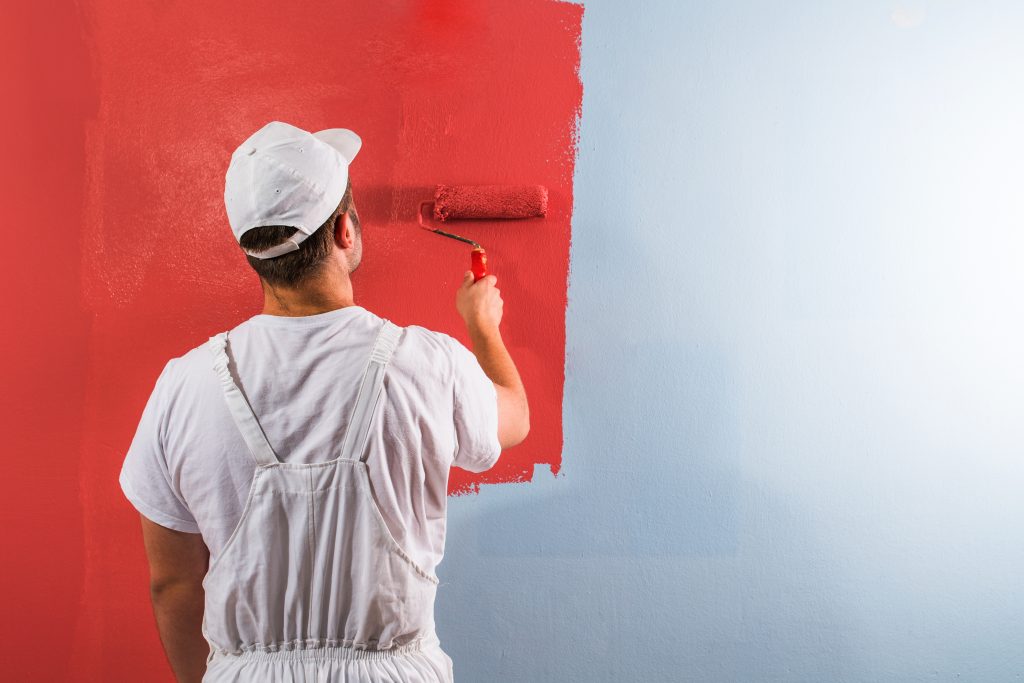A Checklist For Starting Your Own Decorating Business

It’s a brand new year, so what better time than now to start a new venture. Going out on your own can be a daunting task, but with our checklist and winning tips to prepare you, you will feel ready for anything. Read on for the questions you should ask yourself before setting up shop.
Firstly, start by asking yourself these key questions.
Have you got the necessary funds?
Start ups costs for the painting/decorating industry can be significant. To work as a professional painter, you will need the essential tools and equipment, along with a van and a dedicated space to store your paint. All of this isn’t cheap if you are just starting out, so it is important to calculate whether you can handle the initial financial hit.
The equipment you need will vary from job to job, but below is a shopping list for what you might need starting out.
- Paintbrushes in a variety of sizes
- Paint rollers and trays
- Materials for cleaning brushes and rollers
- Dustsheets
- Sandpaper
- Spirit levels
- Stanley knives
- Stepladders
Do you have the necessary training?
If you are considering starting your own decorating business, in all likelihood you are already adequately trained. But that doesn’t mean to say there isn't room for improvement. There is always demand for painters and decorators in the UK, but with that said the market can be fairly competitive. So it is good to decide on what services you will offer and what you can provide that will help you stand out from rival businesses. Taking a course or reading into business management could also very beneficial.
Once you’ve answered these questions. You now have some decisions to make.
Do you want to be a jack of all trades or an expert at one?
You will already have your own unique skill set, but it could be good to get an idea as to where the markets at. Find out what is popular in the industry, or what trends are emerging, this will help you refine your skills to what’s in demand. It will also put your business in a good place to gather potential leads.
Residential or Commercial?
Both have their pros and cons, deciding on which route is for you comes down to how you prefer to work. If you prefer to provide a more personal service, residential will be more suited to your interests, it may pay less but you’re more likely to have consistent work. Commercial work requires a different skill set as well as specialised equipment, it’s an investment but one that is worthwhile if you prefer working as part of a bigger operation.
Who do you know?
Do you have any contacts in the industry? If so, now is the time to call on them for advice, for mentorship or even just to bounce ideas off. This isn’t an absolute requirement, but it can be useful to know someone who can help you source clients. If not, there are still lots of other ways you can attract interested leads. Start local; advertising in local newspapers or painting decorating groups on social media is a great way to get your name out there. Make sure to showcase your previous work, and soon you will begin to build up a solid group of contacts.
If you are satisfied with your answers to the above questions, and you feel confident in your abilities, then you may be ready to make the leap. Starting your own business takes considerable time and energy, but with the right prep, attitude and workmanship you should find yourself in steady employment. Brush up on gaps in your knowledge with our expert tips and advice. Good luck in your new venture!


